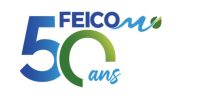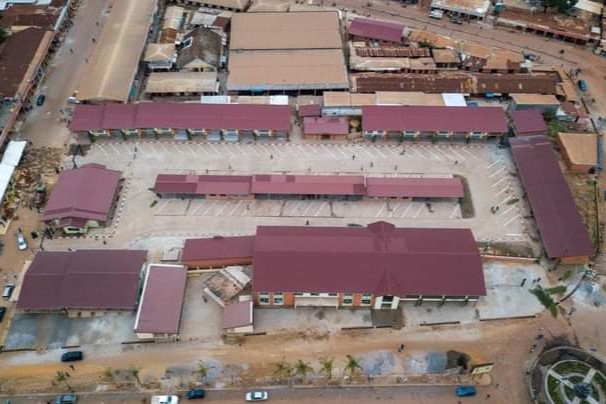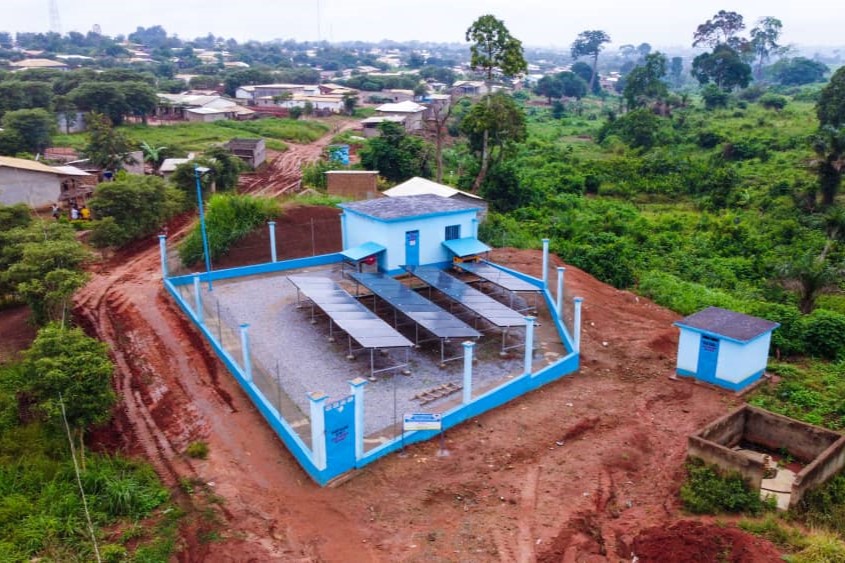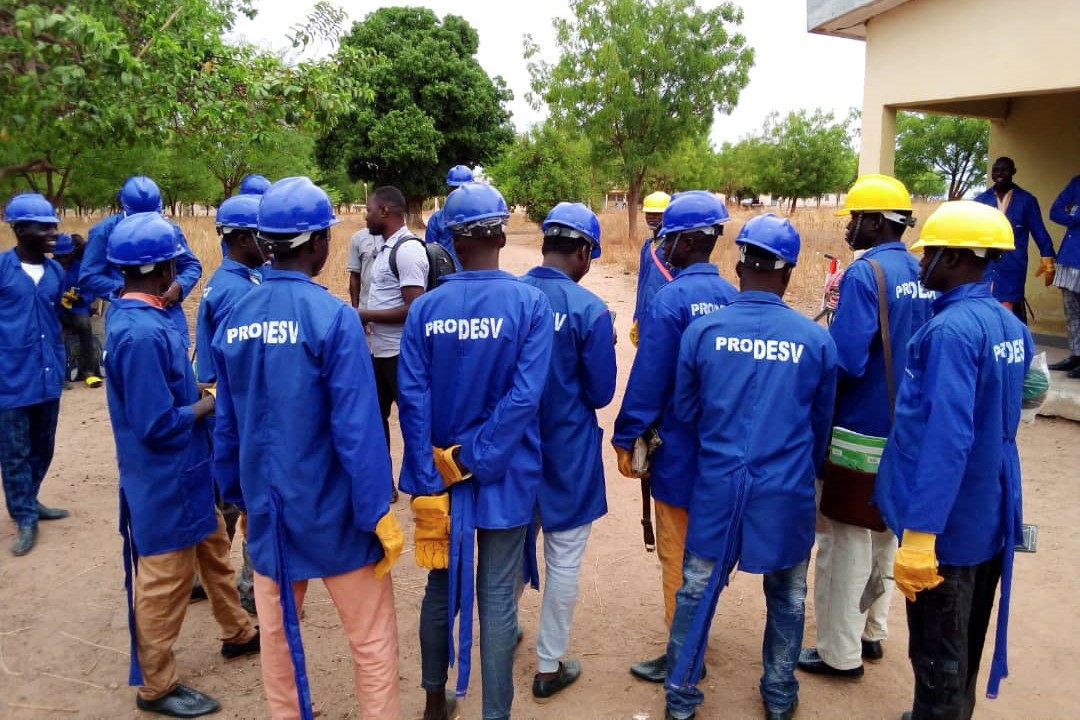FEICOM National Award
Presentation of the FEICOM National Award
Objectives
To identify, evaluate, reward and promote council achievements that have contributed in a remarkable and sustainable manner to the improvement of the living conditions and environment of Cameroonians.
Target audience
The competition is open to City councils, Councils and their legally constituted groups.
Prizes
Fourteen (14) practices receive financial rewards including three (03) at the national level, one (01) special prize of the International Jury, and ten (10) regional special prizes. However, these rewards are not cumulative.
The rewards are distributed as follows:
-
1st national prize
CFA francs fifty million (50,000,000)
-
2nd national prize
CFA francs twenty million (20,000,000)
-
3rd national prize
CFA francs ten million (10,000,000)
-
The “Alioune BADIANE” Special Prize of the International Jury
CFA francs five million (5,000,000)
-
The Regional Special Prize
CFA francs two million (2,000,000) per region
All these rewards are assets lodged at FEICOM and they serve as the Council contribution allowing access to a credit line of CFA Franc 700 million.
Award areas
The FEICOM National Award covers the following areas:
Resource management
Set of practices aimed at mobilising and/or developing financial and human resources
Equipment and infrastructure management
Process from planning to disposal through the acquisition and operation of equipment and infrastructure
Local governance
This is a method of exercising power by a local authority characterised by participation, transparency, partnership and accountability with a view to meeting the needs of the population
Sustainable development
An approach to development that meets the needs of the present without compromising the ability of future generations to meet their own needs (BRUNDTLAND Report)
Management bodies
The Steering Committee is the body that guides the competition. It is made up of about twelve members representing UN-HABITAT, the supervisory administrations of FEICOM, the Ministries in charge of regional development and of urban development, local elected officials, the national scientific community and the media. Under the chairmanship of the General Manager of FEICOM, the Steering Committee is responsible for: (i) examining and approving the project execution plan, validating the budget in line with the available resources, (ii) determining the areas of competition and the number of prizes, (iii) organising the submission of applications, (iv) preparing the selection of winners, including that of the members of the International Jury of the Award and (v) ensuring compliance with the principles of fairness and transparency of the entire process.
The Technical Secretariat of the Award is the executing body of the Award. It is made up of about twelve FEICOM staff members and is responsible for: (i) Ensuring the project secretariat, (ii) preparing all the documents to be validated by the Steering Committee, (iii) preparing and ensuring the holding of capacity building workshops, (iv) Conducting the call for applications and processing the submissions, (v) carrying out the documentary and field evaluations of submissions, (vi) preparing the documents necessary for the final selection of winners by the International Jury.
The International Jury of the Award is made up of about ten members with proven integrity and expertise in their fields. The members of the Jury are recruited from various professions or entities having a link with local development, as well as organizations of the United Nations system, technical and financial partners, national orders of experts, the national scientific community, civil society organizations, the media and local elected officials.
Submission process
- A call for bids, to which a submission format is attached, is published in English and French in newspapers and on the FEICOM website. Similarly, a related correspondence is forwarded to each of the 374 councils and City councils. The submission format is available at the Head Office and in the Regional Agencies of FEICOM.
- The Councils and City Councils are assisted in preparing their submissions by FEICOM focal points in the Regional Agencies.
- Submissions, written in French or English, may be submitted to the FEICOM Head Office or in a Regional Agency.
- An acknowledgement of receipt is issued for each bid submitted.
Selection criteria
Effets/impact
Changes and transformations noticed following the implementation of the practice in terms of addressing the problems identified at the time of design of the practice.
Transferability
Possibility of replicating a practice, partially or fully, in a different setting or context. For this reason, it is necessary that the initiative should be properly documented and the lessons learned properly reported.
Sustainability
Perpetuation of the benefits of an initiative over time through the existence of mechanisms that guarantee sustainability
Participation
Understanding of the project by the beneficiaries and their involvement in its different phases
Innovation
An original, new and daring approach in addressing problems
Selection process
- The Steering Committee forwards the submissions received to the Technical Secretariat for examination. All bids deemed to be compliant with the bidding format and meeting the eligibility criteria will undergo a documentary evaluation by the Technical Secretariat.
- The Technical Secretariat shall forward the documentary analysis and evaluation report to the Steering Committee which, after examination, shall pre-select the practices retained for the field evaluation stage by the Technical Secretariat.
- The Technical Secretariat carries out the field evaluation of the practices retained by the Steering Committee and forwards a general evaluation report to it.
- The Steering Committee, after examining the general evaluation report sent by the Technical Secretariat, selects the best practices and forwards them to the International Jury.
- The International Jury carries out the final evaluation of the practices forwarded by the Steering Committee and makes the final ranking of the best practices.
- The results of the deliberations of the International Jury are proclaimed during an official prize award ceremony.
- All bidders are informed in writing of the final results.
